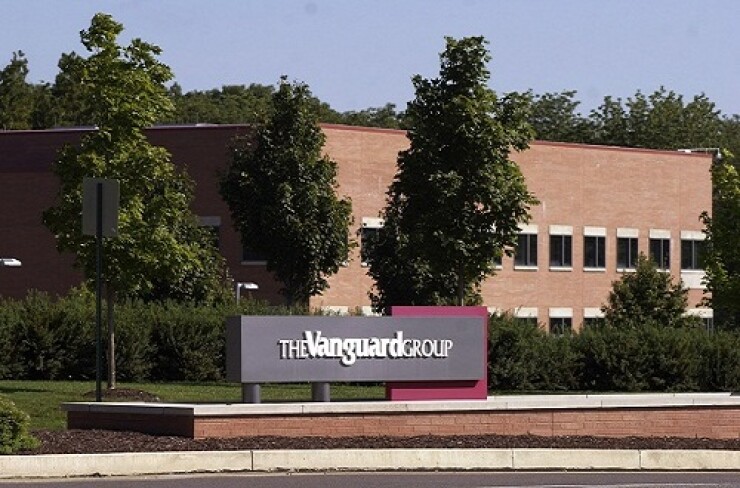Workers in the U.S. who are
Their former employers are allowed to dissolve their 401(k)s if the balance is low enough, and send cash either directly back to the workers or roll the money into an IRA that likely has relatively high fees.
Neither’s great, but getting a check is particularly financially dangerous: If ex-employees don’t roll the money into a new employer plan or IRA within 60 days, they face a 10% penalty, owe income tax — and lose the benefit of that money compounding, tax-free, for decades. The last thing someone switching jobs or dealing with a layoff needs is more paperwork.
It’s a problem set to get worse with a more mobile workforce: A full 33% of workers in their 20s opt to cash out their 401(k), according to Vanguard Group’s latest “How America Saves” report, which was released this week.

Only 2% of companies allow ex-employees with under $1,000 in savings to remain in their company’s 401(k) retirement program for some period of time, the report found.
A 2019 report from the Employee Benefits Research estimated that in 2015, some $92.4 billion left the 401(k) system due to cashouts.
Here’s how it would play out: Someone with $900 in their 401(k) would pay a $90 penalty and, likely, about $180 in taxes. That leaves $630.
Instead, if the worker moved it to another retirement plan, assuming a rate of return of 5%, he or she would have $3,796 available to withdraw without penalty at age 59 ½, according to a handy Retirement Clearinghouse
For employers, maintaining lower-balance accounts can be an expensive regulatory burden.
Vanguard’s report highlighted one possible solution to cashouts that it will offer plan sponsors within a few months: A system through Retirement Clearinghouse to automatically transfer 401(k) balances from one employer to another, regardless of which company acts as the record-keeper — such as from Vanguard to Fidelity Investments. Retirement Clearinghouse’s website says its service would involve a fee of $35 to $50; Vanguard said it will be available to plan participants for “a nominal fee.”
That could have a big impact. EBRI’s 2019 report projected that it could save $1.5 billion for workers with balances of less than $5,000 over the course of 40 years. Employees between the ages of 25 and 43 in 2019 were projected to have an additional $659 billion in retirement savings.





